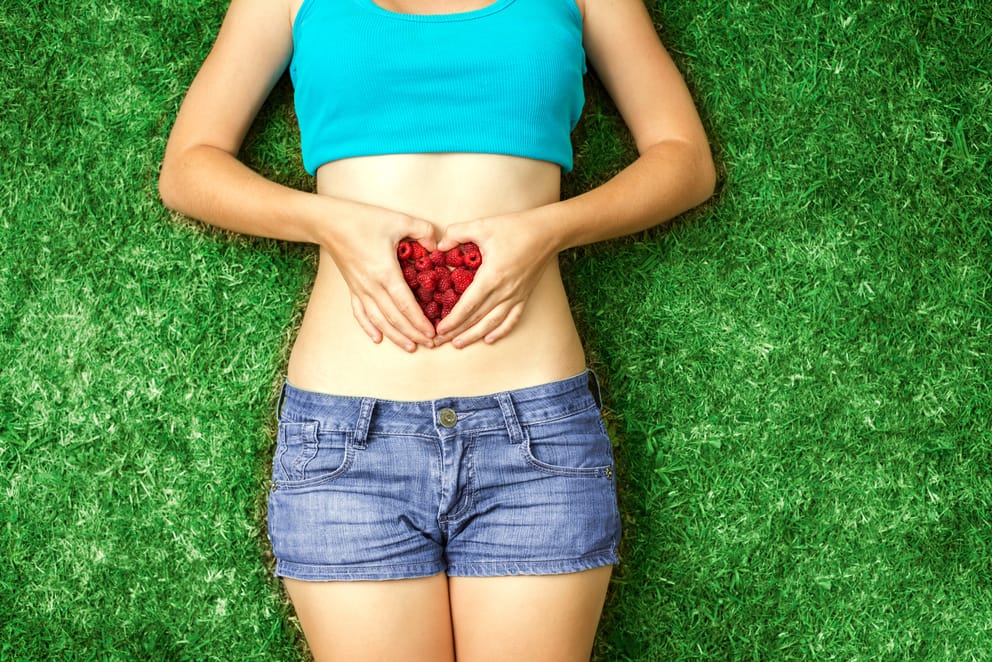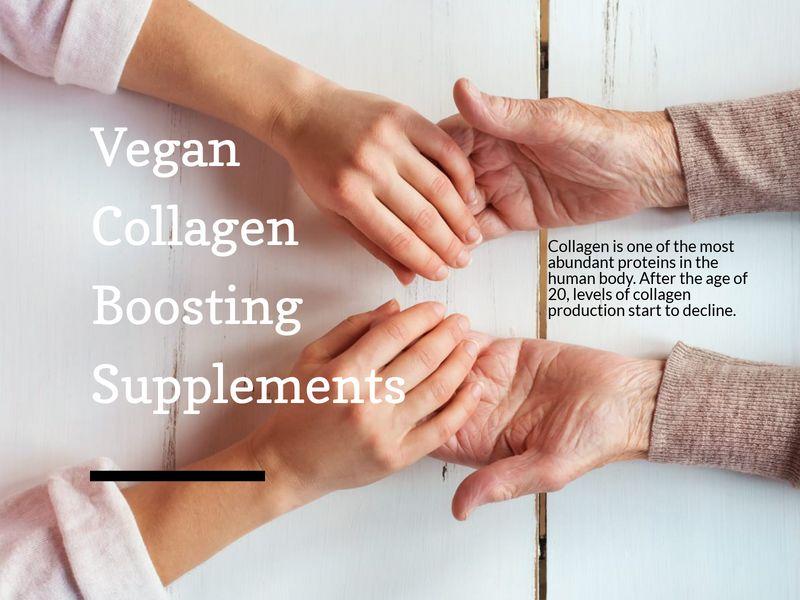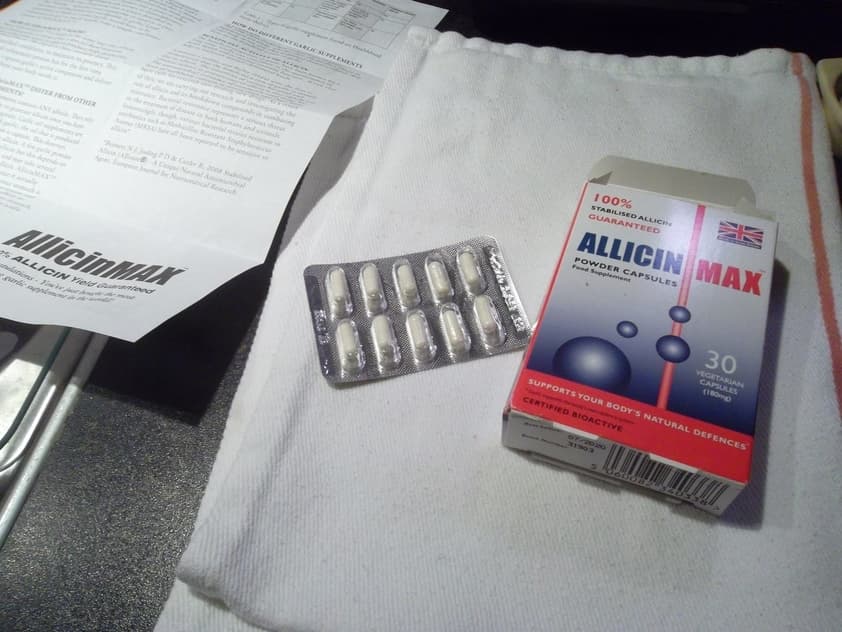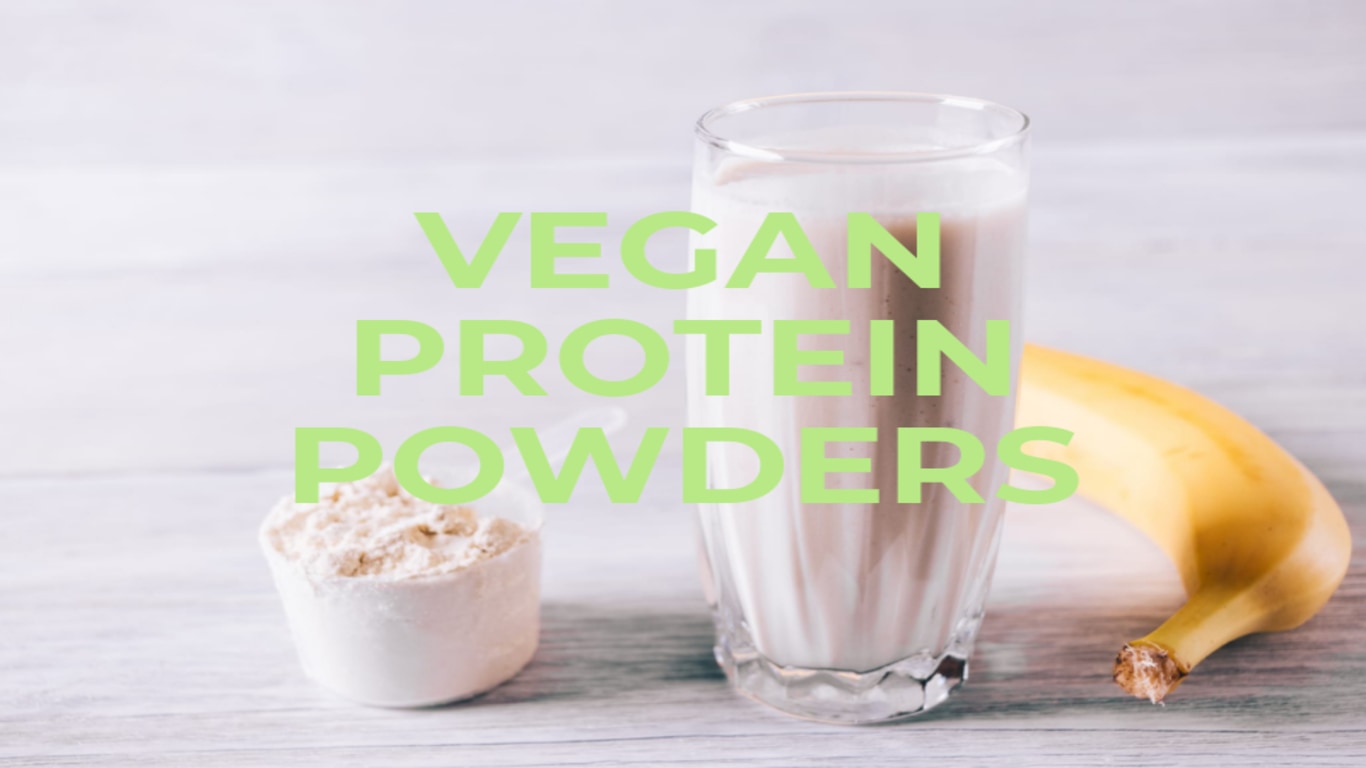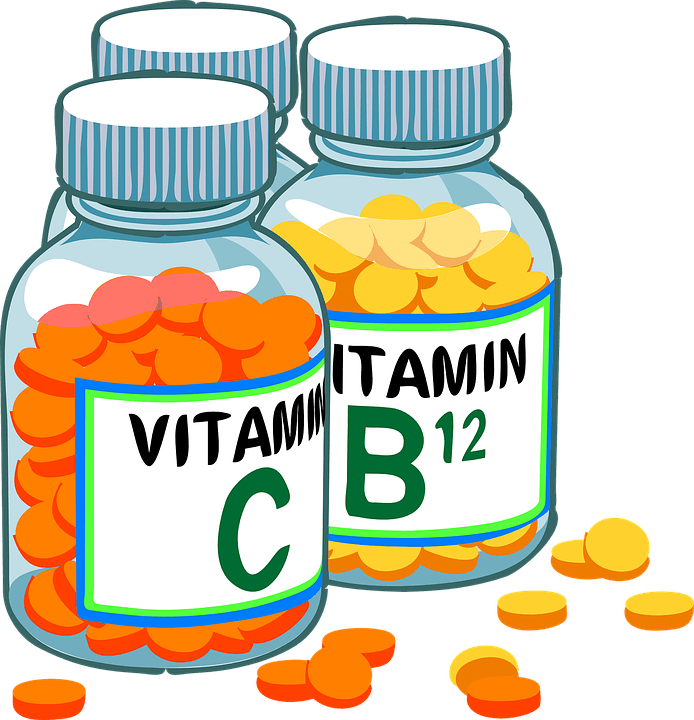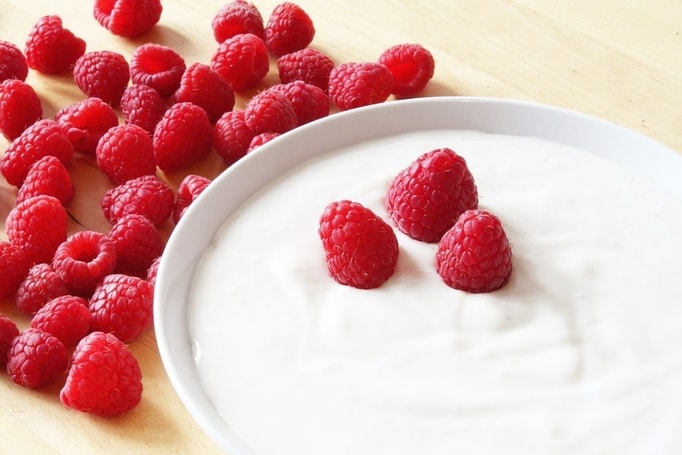Disclosure: This article may contain affiliate links. If you decide to make a purchase, I may make a small commission at no extra cost to you.
When transitioning to a vegetarian diet, people can sometimes run into problems by not consuming enough vitamins and minerals to stay healthy. Some nutrients can only be found in significant amounts in animal products. So, if you’re a vegetarian, you should consider taking supplements to stay healthy.
Before you continue reading, if you haven’t read my guide on how to stay healthy on a vegan diet, I recommend saving and reading at some point, since a lot of the information I provide there will also be applicable to vegetarians.
Scroll to the bottom of the page if you’re in a rush and you want to see the best supplements for vegetarians!
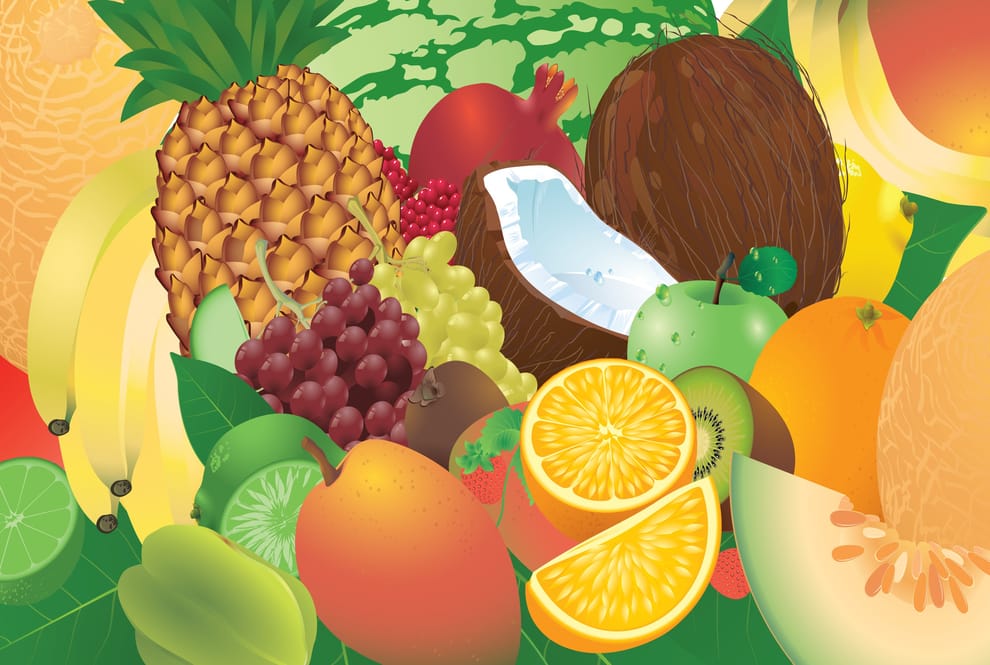
Which vitamins do vegetarians need to take to stay healthy?
There are many vitamins and minerals that vegetarians should take if they plan on doing the diet for a long period of time or indefinitely.
The main nutrients you should consider supplementing include:
- Vitamin B12
- Vitamin D3
- Vitamin K2
- Iron (women)
- Zinc
- Iodine
- Omega 3 fats (EPA and DHA)
I’ve been involved in various online health communities and forums for over 14 years and I’ve noticed a lot of misinformation about nutritional needs on a vegetarian diet.
People who become vegetarian often want to stay 100% natural and do the diet without supplementing, but unfortunately, this can lead to deficiencies and lead to health problems. All diets have their weaknesses and vegetarianism is no exception.
Deficiencies can take a long time to develop because the body can store some vitamins like vitamin B12 in the liver. It takes months or even years for the stores of B12 to become depleted.
Vitamin D is another one which can take many months to deplete because it’s stored in the body as a fat-soluble vitamin.
Iron may also take a long time to deplete, so it’s important to have blood tests done to ensure you’re not becoming anemic. Once you’ve been on the diet for a long time, you can sometimes relax a bit and have tests done every now and then or as required.
Let’s take at some of the evidence for what vegetarians need to supplement.
#1. Vegetarians are prone to developing a vitamin B12 deficiency
Vitamin B12 is important for a wide range of functions in the body. If you develop a deficiency, it can have disastrous consequences for your health.
Maintaining low levels of vitamin B12 on a vegetarian diet can also increase the risk of heart disease by raising levels of homocysteine.
Studies have found that in order for a vegetarian to benefit from the diet and have a reduced risk of heart disease, B12 levels must be normal. Some studies show vegetarians do not benefit from the diet because they are B12 deficient.
In one study, researchers discovered that 52% of vegans, 7% of vegetarians, and 1% of omnivores were deficient in vitamin B12 [1].
However, in another study, they found elevated levels of methylmalonic acid (MMA) in 68% of vegetarians and 92% of vegans. While only 16% of omnivores had elevated levels of MMA [2].
This is a very important finding and proves that vegetarians must take a B12 supplement.
If you are eating a diet that excludes animal products, you should take a vitamin B12 supplement and choose sublingual methylcobalamin.
Symptoms of B12 deficiency
- Tiredness
- Shortness of breath
- Sore tongue
- Tingling
- Numbness
- Neurological dysfunction
- Poor memory
- Permanent nerve damage
- Vision loss
#2. Vegetarians are prone to developing a vitamin D deficiency

Vitamin D deficiency is widespread even in sunny areas of the world. Most people in the west today don’t get enough sun because they work inside an office during the day, they use sunblock, or don’t consume vitamin D rich foods.
People living in the northern hemisphere and have dark skin are particularly at a greater risk of vitamin D deficiency, no matter what diet they are eating.
It’s recommended that most adults should be receiving around 1000 – 2000 IU of vitamin D per day. A fair person with just 10-20 minute sun exposure can generate this amount of vitamin D, whereas a darker person would need to stay out in the sun for longer.
You can also get vitamin D2 from eating mushrooms, but the levels of vitamin D vary greatly, so it’s better to supplement.
Taking between 1000 – 2000 IU of vitamin D in supplemental form has been found to be sufficient in raising vitamin D levels to a healthy number in adults. It’s also been found to be effective and safe in pregnant women and children [3, 4].
Benefits of taking vitamin D
Achieving optimal levels of vitamin D may have several health benefits according to research conducted over the last decade.
- Lower risk of infections.
- Reduced risk of cancer.
- Reduced levels of autoimmune disease.
- Lower bone fracture risk.
- Lower rates of heart disease.
- A slower rate of aging when measuring telomere length.
Symptoms of Vitamin D deficiency
- Muscle pain.
- Weakness and fatigue.
- Bone pain.
- Poor cognition.
- Depression.
- Bone fractures.
- Hair loss.
- Poor immunity.
Vitamin D is a fat-soluble vitamin and therefore you do not have to take it every day. In fact, you could take one high dose pill once a week for convenience.
#3. Vitamin K2 is important and difficult to get on the diet
Vitamin K is abundant on the vegetarian diet in the form of vitamin K1. The only significant source of vitamin K2 is Natto, which isn’t that popular unless you’re living in Asia.
Vitamin K is involved in blood clotting, bone metabolism, and heart health. People who eat a vegetarian diet can be at an increased risk of osteoporosis, therefore it’s crucial that you make an effort to get enough K2 in your diet or that you supplement it.
Which minerals to vegetarians need to take to stay healthy?
#1. Vegetarians are at a higher risk of iron deficiency
Women are more at risk of anemia than men, but this risk is increased further by becoming vegetarian [5].
Although vegetarians get plenty of iron from plant foods, the form of iron is not that well absorbed, and therefore if you think you’re consuming enough to keep an adequate level of iron stores, you could be mistaken if you just go by your dietary intake.
Vegetarians also eat a lot of foods that are high in phytates, which can inhibit the absorption of iron, which further compounds the problem.
There have been many reports and studies were done looking at men and women on a vegetarian diet, and they show that there is a significant risk of anemia compared to people who eat meat.
However, there are potential benefits and drawbacks from taking iron supplements. Excessive iron intake is considered a bad thing and may increase the risk of heart disease and oxidative stress which can accelerate aging. Therefore, getting a blood test to confirm your iron stores is important.
Symptoms of iron deficiency
- Intense fatigue and tiredness.
- Rapid breathing.
- Hair loss.
- Pale skin and lips.
- Palpitations.
Poor immunity.
Many vegetarian multivitamins are available that contain iron, but these are usually designed for women and not men. If you are a male and are anemic, you will need to supplement iron separately.
#2. Vegetarians can be at a higher risk of developing a zinc deficiency
Getting plenty of zinc on a standard American diet is very easy to do because it’s mostly found in meat. Getting zinc from plant foods is much more difficult unless you’re consuming a lot of beans.
And even when people who eat a vegetarian diet get enough zinc, the amount of copper in the diet can cause a secondary deficiency as they both compete for absorption in the body.
Zinc deficiency can develop slowly and the symptoms are difficult to spot. To protect yourself from developing a deficiency, make sure that you are consuming around 10 mg of zinc for every 1 mg of copper in your diet. You can check this by using a number of apps that track nutrients in the diet, one of the more popular apps is called cron-o-meter.
Benefits from taking zinc supplements
- Increase immunity against colds, flu, and bacterial infections.
- Reduced hair loss from excessive androgens.
- Zinc helps fight acne.
- Acts as an antioxidant in the body.
Symptoms of zinc deficiency
- Acne.
- Poor immunity.
- Dry skin.
- hair loss.
- Poor appetite.
- Mouth ulcers and canker sores.
Zinc deficiency is easily correctable by taking a zinc supplement, I recommend that you take this zinc picolinate supplement because it’s one of the most bioavailable and effect zinc supplements.
If you think you have a deficiency, you can take one or two 50 mg zinc tablets per day for a few weeks and then lower the dose to around 15-22 mg.
Again, make sure that you have the proper ratio of zinc to copper.
#3. A quarter of vegetarians have an iodine deficiency
Iodine is a mineral that is often forgotten, but it plays an important role in the body, especially for maintaining proper thyroid function.
It’s also hugely important for metabolic processes in the body, regulation of growth and energy expenditure, as well as maintaining a normal core body temperature.
In 2003 there was a study published, which showed that 25% of vegetarians suffered from iodine deficiency compared to just 9% of people eating a standard mixed diet [6]. Therefore, this shows the need for vegetarians to supplement it in their diet.
Symptoms of iodine deficiency
- Tiredness.
- Weight gain.
- Poor memory.
- Difficulty concentrating.
- Feeling cold and not able to maintain your body temperature.
Taking omega 3 fatty acids is also important for vegetarians
Omega 3 can be obtained by consuming foods that are high in ALA, which then gets converted to EPA and DHA. However, this is much less efficient than eating fish or taking omega 3 in the form of fish oil.
Women tend to be better at converted ALA to DHA, and therefore may not need to supplement. However, men, due to the fact that they have a reduced ability to make the conversion, may benefit from taking omega 3 supplements from algal oil [7].
Benefits of taking omega 3
- Help reduce inflammation in the body.
- Keep the brain sharp and may protect against dementia.
- DHA can reduce the risk of heart disease.
- EPA may reduce depression and anxiety.
- EPA can help improve skin health.
- Improve memory and cognition.
Those are just some of the benefits that have been shown in studies where people took omega 3 supplements.
Symptoms of omega 3 deficiency
- Feeling depressed and anxious.
- Dry skin and hair.
- Difficulty concentrating and remembering things.
- Aches and pains
- Eczema and other inflammatory skin conditions.
- Joint discomfort.
Top supplement picks for vegetarians
#1. Naturelo Multivitamin Supplement for Women

Naturelo, as you can probably guess, is a completely natural, whole food supplement that supplies all of your nutritional needs as a vegetarian.
The great thing about the supplement is that it doesn’t contain an excessive amount of each vitamin and mineral, but just enough to keep you healthy.
To make it last longer, you could simply take two or three capsules per day instead of the recommended four, and that way it’ll last you a longer period of time and you’ll still hit your targets and protect yourself against deficiencies.
Men can take this supplement if they are low in iron, however, I recommend checking out an alternative supplement designed for men.
This one has a lot of amazing reviews, so I highly recommend reading them!
See more information and reviews.
#2. Garden of Life Vitamin B12 Spray – Whole Food Supplement
Garden of Life serves people who want natural products which contain no animal-based ingredients at all. This B12 supplement is made from whole foods and delivered to the body as a spray.
Each serving will give you around 500 mcg of vitamin B12, which is high enough to not only restore your B12 levels rapidly but give you a bit of an energy boost as well.
If you’re on a vegetarian diet and want to support an ethical company, MyKind Organics is one product line that you should think about using from now on.
See more information and reviews here.
#3. Doctor’s Best – Vegan Vitamin D3 supplement

This supplement contains vitamin D3 sourced from lichens. It’s one of the main plant-sources of vitamin D, whereas many other vegetarian and vegan-friendly supplements contain the D2 form, which is less effective.
Each capsule contains 2500 IU, which is an adequate amount, especially during the winter, spring, and autumn. If you feel 2500 IU is too much, no problem, just take a capsule every 2 – 3 days instead!
See more information and reviews here.
#4. Vitamin D3 and B12 Gummies
If you want to get your daily dose of B12 and Vitamin D3 in one go, these are a tasty way to do that! Both ingredients are plant-based and suitable for vegetarians and vegans alike.
This supplement is popular and has very good ratings. Not much to say about it other than they are tasty (I’ve tried them myself!) and I highly recommend the product.
If you’re going to choose this supplement, you won’t need any other B12 of Vitamin B12 supplements.
And since this supplement only contains 1000 IU of vitamin D3, you are able to also take a vegetarian multivitamin. This would be a perfect combo with the Naturelo supplement above!
See more information and reviews here.
#5. Omega 3 – Sourced from Algal Oil
Ovega-3 is a plant-based omega 3 supplement that is derived from algae. It contains both EPA and DHA, which are crucial for the body and optimal health.
Each serving will provide you with 500 mg of omega 3, and it won’t leave you with a fishy aftertaste as fish oil supplements do either!
The supplement is ethically sourced in a non-polluted area, so you don’t have to worry about any toxins that can sometimes affect certain fish oil supplements on the market.
Ovega-3 is highly-rated with a lot of great reviews from people who’ve tried it. So, if your diet is low in alpha-linolenic acid (ALA), which is found in a variety of nuts, seeds, soybean oil, tofu, and other foods, you should definitely consider taking this supplement.
I also recommend more strongly that men take this supplement because men are less able to convert ALA into DHA. That being said, women can also safely take this supplement and gain benefits from it.
See more information and reviews here.
#6. Vitamin K2 from Natto

It’s very important that we maintain healthy bones and heart health by consuming vitamin K2 in our diet.
Taking a supplement is the most convenient way to do that if you are not a fan of eating fermented foods.
This supplement is from fermented chickpeas. To ferment the chickpeas, they used Bacillus subtilis natto. Each serving will provide you with 90 mcg (112%) of Vitamin K2 (as MK-7).
See more information and reviews here.
Conclusion
Eating a vegetarian diet can improve your health and a lifestyle choice that shows you care about the welfare of animals and that you value your health.
Making sure that you maintain your health by not becoming deficient in key nutrients is vitally important, that’s why before starting a diet, researching the benefits and risks of the diet is important.
Thankfully, due to the rise in people turning vegetarian or vegan, there are now many companies which are starting to design supplements that are suitable for vegetarians and are equally as effective in many respects.
Article reviewed and updated: March 2019.



